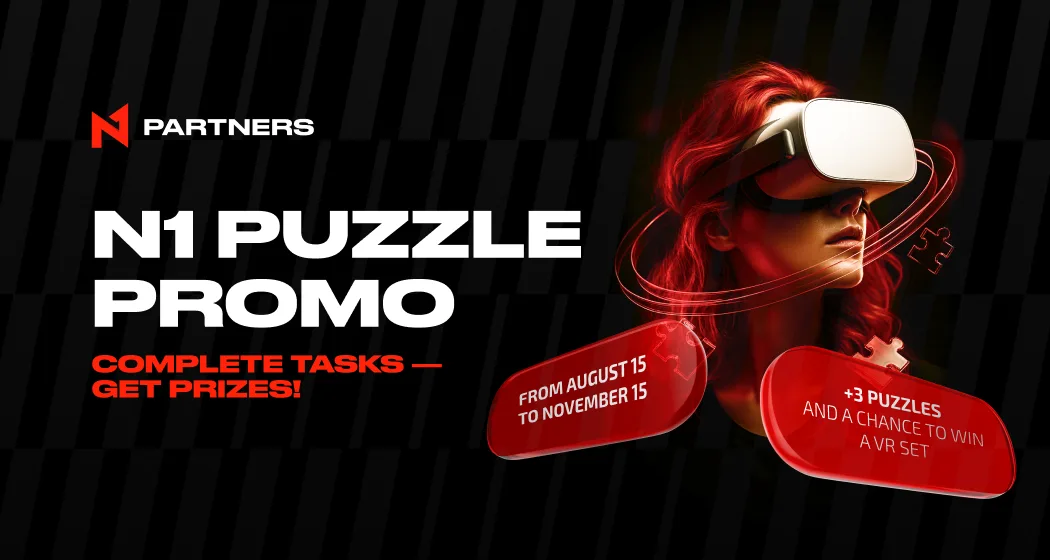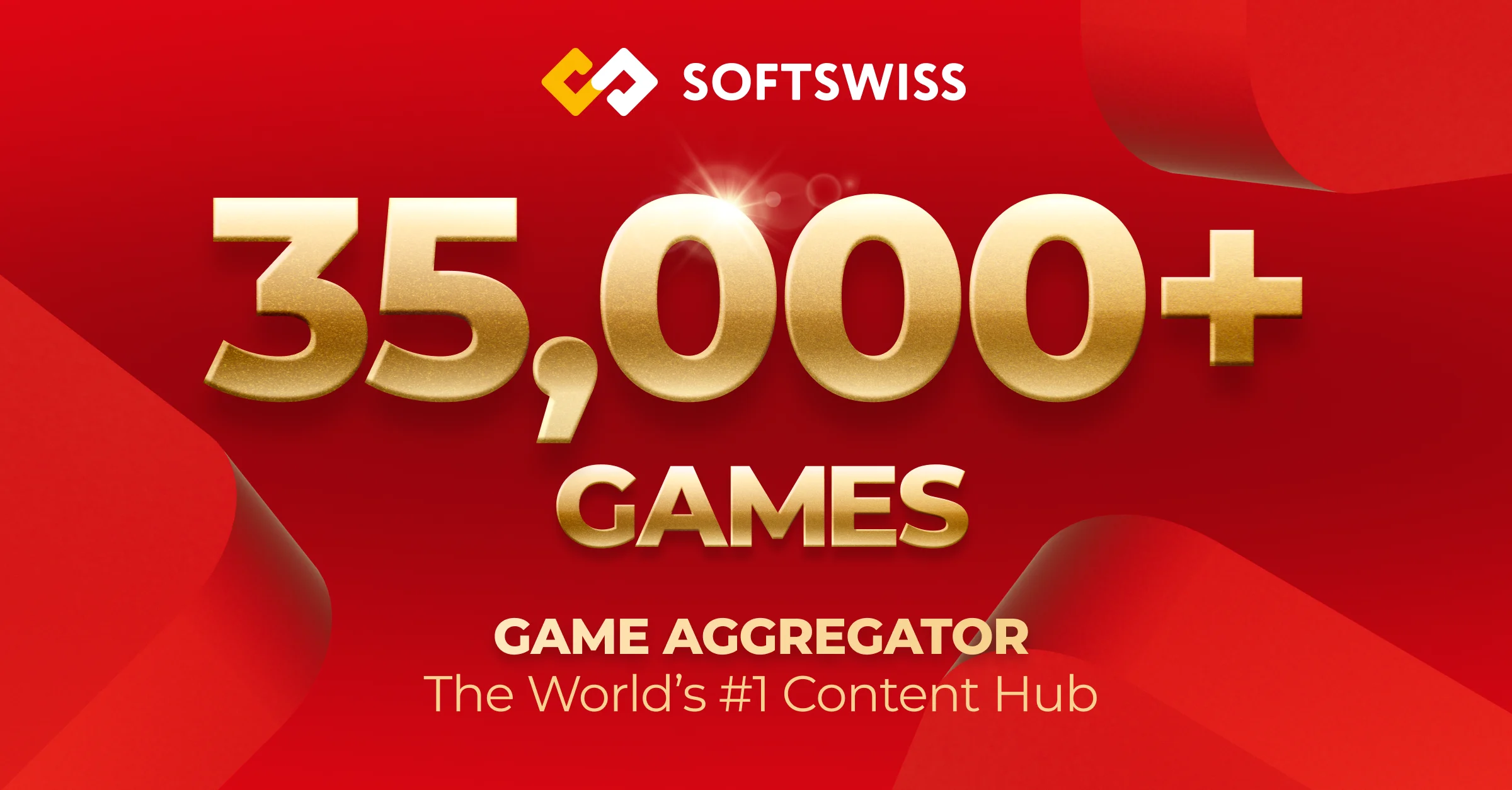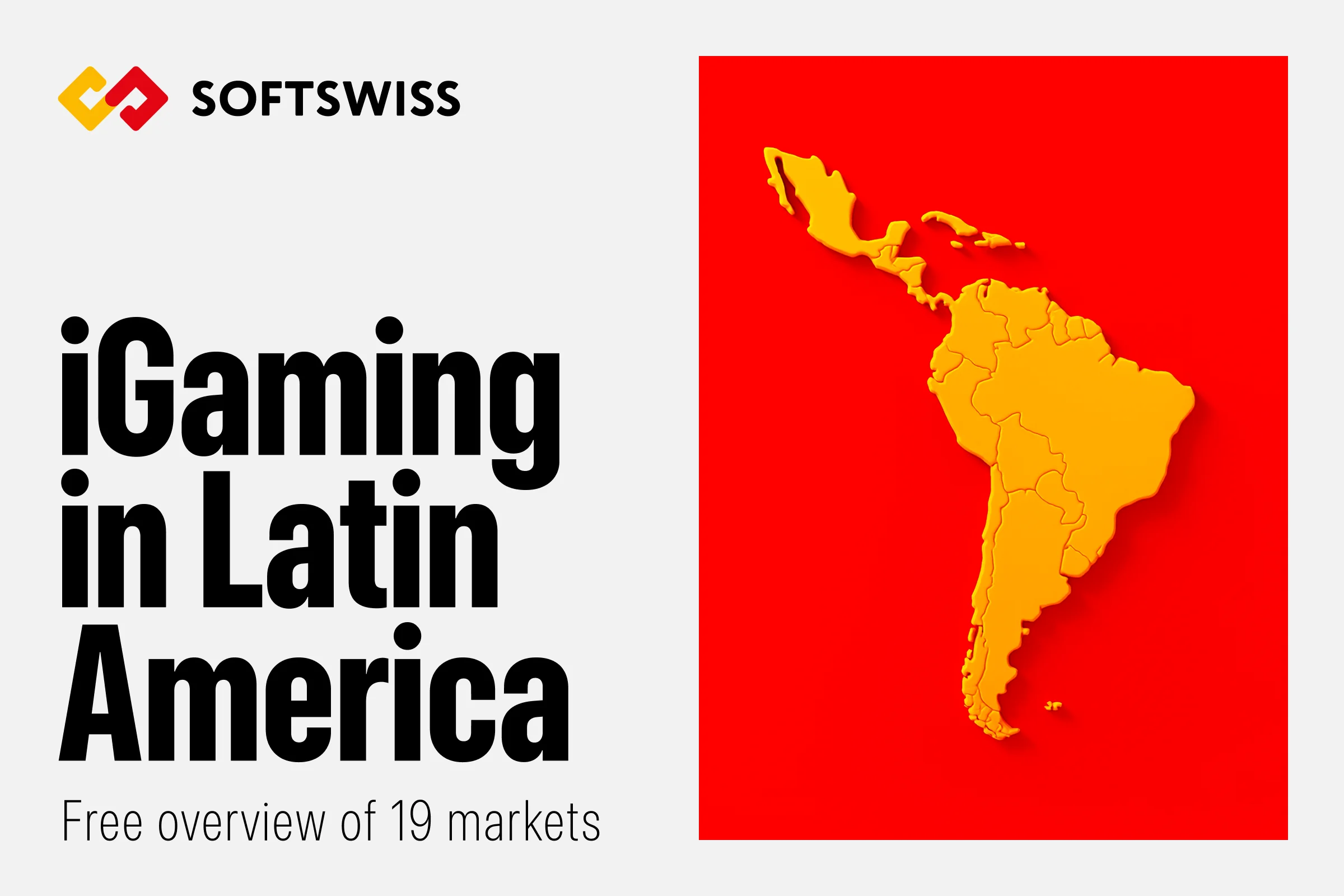Allan Stone, CEO of Intelitics, talks about the importance of personalisation and how online sportsbook and iCasino brands can up their game.
What do we actually mean by personalisation? How does it apply to online/mobile sportsbook brands?
Personalisation is an incredibly broad term and covers many different touchpoints between the operator’s brand and the player. The more important consideration is how operators approach personalisation and then go about leveraging it to strengthen brand equity, boost loyalty and ultimately deliver a better user experience. This could be something as basic as sending the right marketing communication to the right player on the right channel at the right time, to something as deep as pushing specific slot games (based on their characteristics) to specific players because they have engaged with that type of game before. It’s an incredibly complex area with huge opportunities to explore. But for me, it really boils down to providing each player with the experience they are seeking based on their preferences.
Where should personalisation begin? The first point of contact with the brand or once the player has signed up?
There are two stages to personalisation – the first is prior to the player engaging with the brand (so the acquisition phase) and then once they have signed up for the first time (the retention phase). Personalisation for acquisition is limited in that the operator has little to no data for the player, making it harder to personalise their engagement with the brand. For phase one, personalisation can take the form of targeted marketing. This means sending specific messages to specific audiences on specific channels – the ads pushed to female bettors on Instagram will be very different to those pushed to male bettors on Facebook, for example.
Personalisation in phase one can also take the form of congruency – if a male sports bettor gets a Facebook ad pushing a free bet bonus at Sportsbook A and clicks on the ad, they need to land at Sportsbook A and be able to claim the offer that was advertised to them. If not, they are highly likely to drop off.
Personalisation opportunities really open up once the player has signed up and agrees to share their data with the operator. This includes things like tailoring the lobby with markets and odds for the sports, teams and players the customer has previously wagered on and dropping bonuses and incentives based on their wagering activity – so free bets on a specific team. Netflix is a really strong example of how a personalised lobby combines pushing content based on user preferences and past behaviour with recommendations (so what it wants you to engage with) and is a format that sportsbook and casino operators could embrace.
Why is personalisation so important? Have operators really understood this importance yet?
I think operators understand there’s a need for greater personalisation, but this is an industry that can be slow to embrace new concepts, especially when the approach currently being taken is working. Developing and deploying personalisation is expensive and might ultimately not provide an uptick in customer acquisition, improve the UX or boost loyalty. Operators have also been constrained by technology, especially those running on legacy platforms. Personalisation may sound simple in theory but is incredibly complex and challenging to roll out in practice and requires cutting-edge solutions to do so successfully. But personalisation is important, especially for operators in highly competitive markets. Providing a personalised experience can be a major USP (creating advantages where they usually wouldn’t be) and help operators drive the greatest LTV from players while fostering incredible loyalty.
What does a personalised player experience actually look like?
Personalisation can take many forms and be something as simple as communication around a certain process players must take. Jackpocket comes to mind here. The registration process operators must push players through often leads to significant drop-offs, especially at the point of KYC where players are required to provide things like their social security number. Most operators don’t explain why they need this information, but Jackpocket has seen it as an opportunity to do something a little different – at this point in the onboarding process, a message appears to say they require the player’s social security number to verify their age, not to steal their identity. This is a fun, human and personalised approach to KYC and onboarding.
At the other end of the scale, some brands are built around personalisation. This includes Betty, which is targeting a very specific audience – female bettors. This in itself is personalisation – talking directly to a niche audience segment and providing the specific experience they are seeking – an experience that will be very different to male bettors. This is something that land-based casinos do really well – Wynn appeals to a very different player audience than Caesars Palace – but we’ve not seen many online brands take this approach to date, but this opens up big opportunities for the likes of Betty.
How do you assist operators when it comes to personalised customer acquisition?
We help operators become laser-targeted with who they are targeting with their performance and paid marketing activity. This may sound basic, but for many, it’s an afterthought. Through the Intelitics platform, operators can be incredibly granular with who they are engaging, where they engage them and with what messaging. That our platform leverages the power of AI and real-time data then allows operators to analyse and optimise campaigns, ensuring they deliver the best possible ROI on marketing spend. Of course, this in itself is personalisation. For players to engage with a brand, they need to receive the right message through the right channel at the right time, and Intelitics allows operators to do just that.
Is anyone standing out as having got personalisation right?
Betty is a good example of an operator who has embraced personalisation and deployed it successfully. Dabble is also a pioneer in this area, offering a sportsbook experience based on social connection with players encouraged to connect with others in the ecosystem. We’ve just signed a deal with Fanatics to power its performance marketing program and it too has really cracked the code of personalisation for its ecommerce business but how that translates into its online sportsbook and iCasino offering remains to be seen. But given its deep understanding of personalisation and success at personalising the shopping experience of its ecommerce customers, I think it will be able to successfully transition this into its online betting and gaming products and perhaps even set the standard for others to follow.
Read more; The Best Sportsbooks












